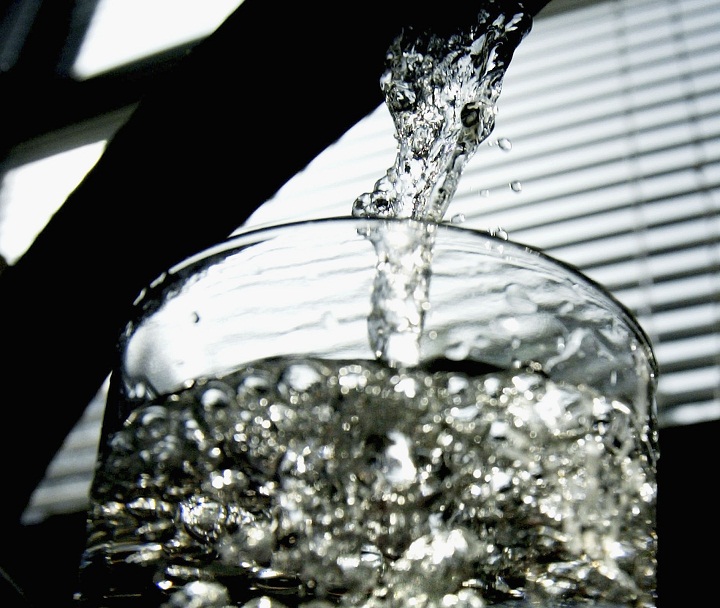The City of Brandon is sequestering a crew of workers at its water treatment plant in an effort to ensure the community has clean drinking water throughout the COVID-19 outbreak.

In all, nine municipal water treatment facility operators and maintenance staff will remain inside the plant 24-7 starting at 6 p.m. Thursday, the city said in release.
Brandon Mayor Rick Chrest stressed the move should not be cause for public alarm and is being done proactively to protect the water treatment plant’s functions.
“We are doing all we can to ensure that we have a full contingent of healthy staff to perform critical functions at the municipal water treatment facility,” Chrest said in the release.
“I want to personally commend this group of water treatment facility staff, who have stepped up and put the comfort and security of their own lives on hold in order to ensure that our community’s supply of safe, potable water remains uninterrupted.”

Get weekly health news
The city says every crew member has volunteered for the duty, which is part of Brandon’s Water Treatment Facility Pandemic Preparedness Plan.
As part of the plan, trailers are on site to serve as personal accommodations for the crew.
Fourteen additional staff will remain on the job outside of the facility, the city said.

Questions about COVID-19? Here are some things you need to know:
Health officials caution against all international travel. Returning travellers are legally obligated to self-isolate for 14 days, beginning March 26, in case they develop symptoms and to prevent spreading the virus to others. Some provinces and territories have also implemented additional recommendations or enforcement measures to ensure those returning to the area self-isolate.
Symptoms can include fever, cough and difficulty breathing — very similar to a cold or flu. Some people can develop a more severe illness. People most at risk of this include older adults and people with severe chronic medical conditions like heart, lung or kidney disease. If you develop symptoms, contact public health authorities.
To prevent the virus from spreading, experts recommend frequent handwashing and coughing into your sleeve. They also recommend minimizing contact with others, staying home as much as possible and maintaining a distance of two metres from other people if you go out.
For full COVID-19 coverage from Global News, click here.









Comments